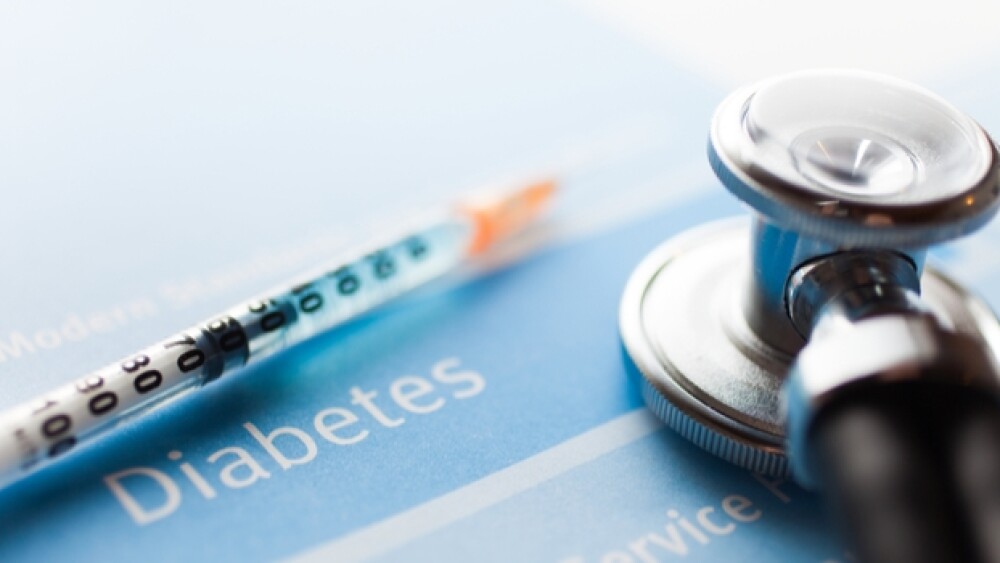The resubmission follows a Type B pre-BLA resubmission meeting with the US Food and Drug Administration (FDA).
Provention Bio announced that it is resubmitting a Biologics License Application (BLA) for teplizumab, a drug intended to delay the onset of Type 1 Diabetes (T1D) in at-risk individuals. The resubmission follows a Type B pre-BLA resubmission meeting with the US Food and Drug Administration (FDA).
In July 2021, the FDA issued Provention Bio a Complete Response Letter (CRL) for teplizumab regarding the single low-dose pharmacokinetic/pharmacodynamic (PK/PD) bridging study in healthy volunteers where the therapeutic was compared with another drug from historical clinical trials. The study failed to demonstrate PK comparability, which was the primary endpoint.
The FDA told Provention Bio it would need to establish PK comparability between the two products or provide data to justify why PK comparability is not necessary and address problems with product quality that were found during the inspection of one of the company’s manufacturing facilities.
The FDA proposed to Provention Bio that PK modeling be used to adjust the 14-day dosing regimen for the commercial product to match the exposure of clinical material used in a prior clinical trial. The company agreed to these parameters, ensuring 90% confidence intervals for relevant PK parameters fall within the 80-125% range. Provention Bio has stated that they believe they are now in a position for BLA resubmission in the first quarter, following the recommended regimen by the FDA, and that their resubmission will include responses to address the CRL’s product quality considerations.
“We are very pleased and excited to be working towards resubmitting the teplizumab BLA, taking the FDA’s feedback into account, which gets us another step closer to our goal of delivering teplizumab to individuals and their families who are at risk of developing end-stage, insulin-dependent type 1 diabetes,” said Ashleigh Palmer, Co-Founder and CEO of Provention Bio. The FDA will have 30 days to evaluate the resubmission and determine if it is complete and acceptable for review. If accepted for review, the FDA will have six months to decide.
Teplizumab received Breakthrough Therapy Designation by the FDA and PRIME designation by the European Medicines Administration. The therapeutic is an anti-CD3 monoclonal antibody that modifies CD8+ T lymphocytes, cells that are important for immune defense against intracellular pathogens and thought to be important effector cells in the attack of beta cells.
In people with T1D, T cells mistakenly destroy healthy beta cells, which produce and secrete insulin. Teplizumab can help reduce the loss of beta-cell functioning, which can help delay the onset of T1D.
It is estimated that 64,000 people are diagnosed with T1D each year and that 5 million people in the US are expected to have T1D by 2050. Although the autoimmune disease is associated with being diagnosed in children and young adults, the condition can strike at any age. Additionally, T1D can be diagnosed via blood tests long before symptoms start, making it a target for early interventions to delay pathogenesis.
In Provention Bio’s TN-10 study, use of the drug delayed insulin-dependent T1D by a median of at least two years in presymptomatic patients compared to placebo. Although some adverse events were reported, such as rash and cytokine release, the FDA CRL’s letter addressed no issues with the clinical safety and efficacy of data submitted using the drug.





